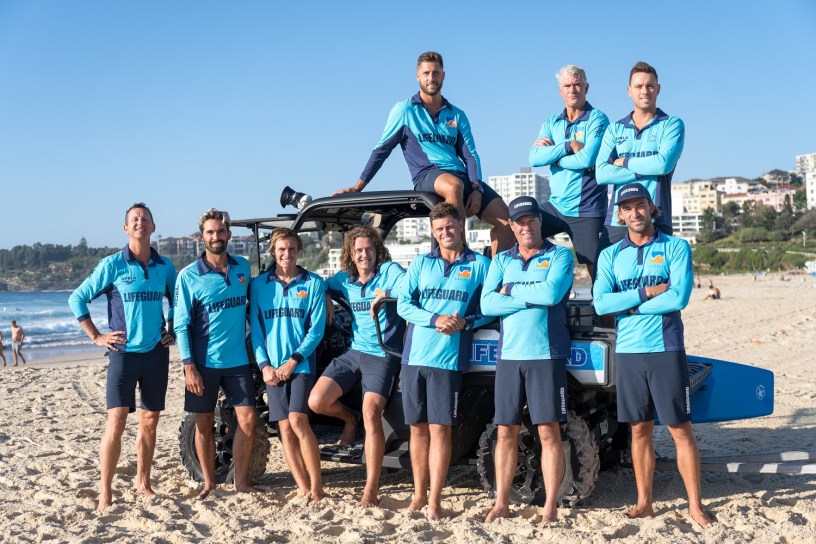Jocelyn Moorhouse’s 2015 film The Dressmaker and Leah Purcell’s The Drover’s Wife The Legend of Molly Johnson would not regularly be compared with Channel 10 reality series Bondi Rescue.
However, new research suggests all three titles illustrate how retaining rights for Australian-generated screen content can benefit producers, an outcome that may become rarer in the age of streaming.
Commissioned by Screen Producers Australia, Taking Australian stories and skills to the world in the age of global streaming has found that while production companies are willing to trade their IP for a good deal, which can involve either sufficient compensation and/or some retention of creative control, the value of their work may not be reflected in negotiations with streaming services.
According to the Lateral Economics (LE) report, for which more than a dozen production companies of varying sizes were consulted, part of the reason for this lies in the prevalence of Production-Finance-Distribution (PFD) agreements, by which a streaming service will take 100 per cent of the IP at the pitching stage in return for funding the production. The producer only receives a return that may only be equal to as little as 10 per cent of the initial budget, minus some negotiated exclusions.
Even when they are able to retain some rights to the IP, productions are often licensed for an extended term and are subject to strict holdbacks, preventing the producer from exploiting the IP in other territories or formats.
LE identifies Bondi Rescue, which has run for more than 16 seasons, as an example where production company CJZ was able to retain a substantial proportion of the rights in international licensing of the show, even producing spin-off Bondi Rescue Bali in 2008. It was also able to use income from digital sources, such as YouTube and Facebook, where clips have had millions of views, to replace falling international broadcast licensing income, allowing it to continue production.
In feature film, the report cites Jocelyn Moorhouse’s The Dressmaker, the underlying IP of which was a 2000 novel of the same name, as a project where production company Film Art Media was able to secure rights “of negligible value” to Universal Pictures International, including that of educational use, a ‘making-of’ documentary, and to exhibit costumes from the production. It was subsequently able to produce the documentary The Dressmaker: Behind The Seams, which Universal then packaged with the film in a reissued special edition DVD, creating a “win-win” in that Universal was able to market a new-and-improved DVD as a Christmas release.

With last year’s The Drovers Wife The Legend of Molly Johnson, first performed as a play in 2016, LE outlines how co-producer Oombarra Productions “successfully retained valuable IP”, with all-media distribution deals across various jurisdictions eventually reverting to the company after an agreed period.
Although LE states that such cases may become rarer in the future due to current trends, it believes companies can still retain some level of creative control even if they trade away global rights, as seen with Ludo Studo, which has licensed global distribution rights to Bluey to BBC Studios, but has retained rights such as all future production rights.
Among the recommendations from the report is that Australia develop a UK-style terms of trade regime, in which standard terms of trade are negotiated with the industry, and are overseen by the Australian Competition and Consumer Commission (ACCC).
It comes as the Federal Government enters into discussions with SPA and various other stakeholders about how streaming regulations will operate in Australia, having been outlined as part of the Revive cultural policy.
SPA CEO Matthew Deaner said there was a “strong view” that the exclusion of a mechanism to support Australian ownership and control of Australian content would result in “selling out our culture”.
“SPA believes this problem could be easily solved through an amended definition of Australian content so that a program would not be considered ‘Australian content’ for the purposes of the streaming investment obligation unless the intellectual property rights are owned by an independent Australian production business,” he said.
“Other countries are dealing with this issue by ensuring rights cannot be assigned for extended periods. For example, in France, this term is three years. We urgently need a similar mechanism in Australia as SPA has evidence of many streamers seeking rights in perpetuity, mainly as a way of stopping competition from other platforms.”
Find the full report here.


